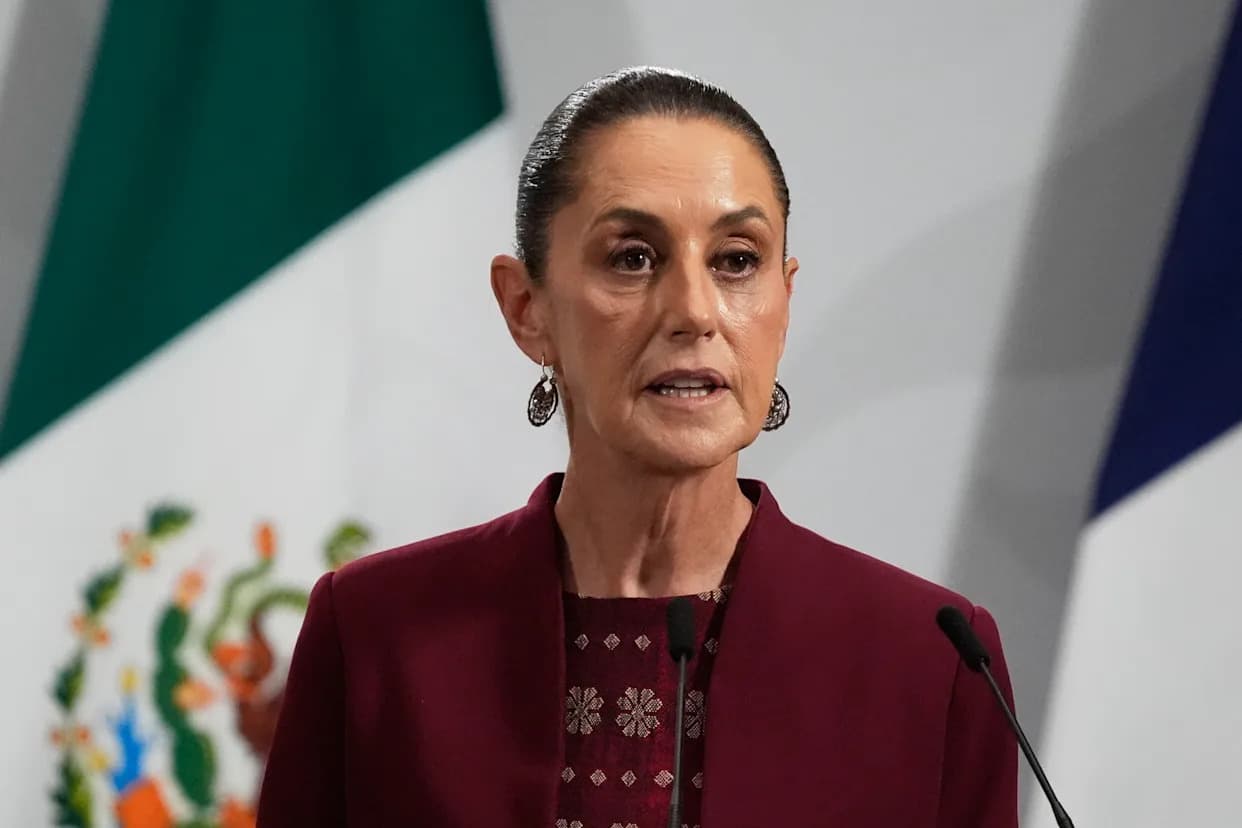Summary: President Daniel Noboa and U.S. Homeland Security Secretary Kristi Noem toured the former Manta base as part of a technical review of potential foreign military sites in Ecuador. The proposal would reverse a 2008 constitutional ban if voters approve a reform in a Nov. 16 referendum. Supporters say closer cooperation could help combat organized crime and trafficking; polls offer conflicting pictures of public backing. No formal agreement or timeline has been announced.
Noem and President Noboa Inspect Former Manta Base as Ecuador Weighs Possible U.S. Military Return Ahead of Nov. 16 Referendum

Noem and Ecuador's President Tour Former Manta Base as Quito Considers Hosting Foreign Forces
Ecuadorian President Daniel Noboa and U.S. Secretary of Homeland Security Kristi Noem inspected facilities at the former U.S. base in Manta, Manabí province, as part of a technical review to evaluate whether Ecuador could host a foreign military presence.
The visit is one element of an ongoing assessment the two governments have carried out since the start of the year. Officials have identified Manta and the coastal city of Salinas as potential sites for expanded security cooperation, and they examined whether existing infrastructure could be repurposed for “potential bases,” according to an official Ecuadorian statement.
A possible policy shift
Allowing foreign troops would mark a significant shift in Ecuador’s defense posture: the 2008 constitution explicitly banned foreign military forces on Ecuadorian soil. The Noboa administration is proposing a constitutional reform to permit foreign deployments, and that question will be decided by voters in a referendum on Nov. 16.
Historical context
The Manta facility hosted U.S. forces from 1999 to 2009 as a counter-narcotics operations hub until the agreement was ended during the presidency of Rafael Correa. No formal agreement or timeline for a return has been announced; officials say technical talks and negotiations are expected to continue after the referendum.
Security rationale and concerns
The Noboa government argues that deeper military and security cooperation with the United States — including intelligence sharing and maritime control — would bolster Ecuador’s capacity to confront organized criminal groups and transnational trafficking networks. Authorities point to a sharp deterioration in public security in recent years, including a surge in homicides in 2023, violent clashes over strategic transport routes and ports, prison riots, kidnappings and targeted killings, which prompted states of emergency and military operations to regain territorial control.
Public opinion and political debate
Plans to host foreign forces could face domestic resistance. A national survey by polling firm Clima Social found that 43% of respondents opposed installing foreign military bases while 38% supported it, according to Ecuadorian outlet Primera Plana. That result contrasts with a statement from Foreign Minister Gabriela Sommerfeld on Sept. 24 asserting that roughly 75% of Ecuadorians back the return of a U.S. base. Officials and analysts differ on how representative each measure is.
There is currently no formal agreement or timeline; the referendum outcome will determine whether negotiations can proceed under a changed constitutional framework.
What’s next
Regardless of the referendum result, the Noboa administration has already stepped up bilateral cooperation with the United States on intelligence, maritime control and joint efforts against transnational criminal organizations. Observers say any move to allow foreign troops will require sustained public debate and clear legal and operational frameworks if it proceeds.
Help us improve.


































